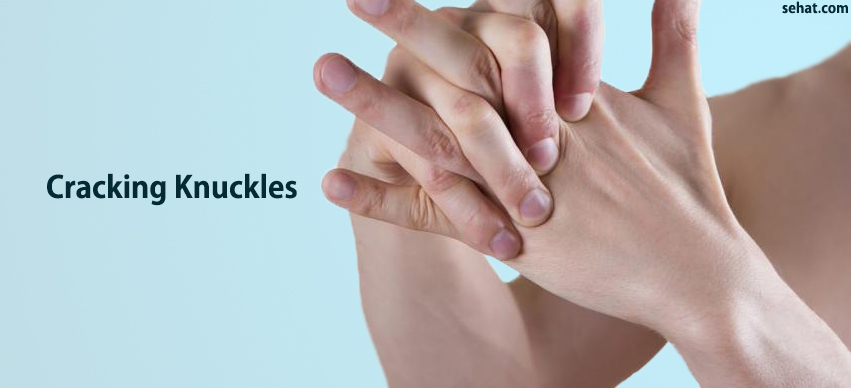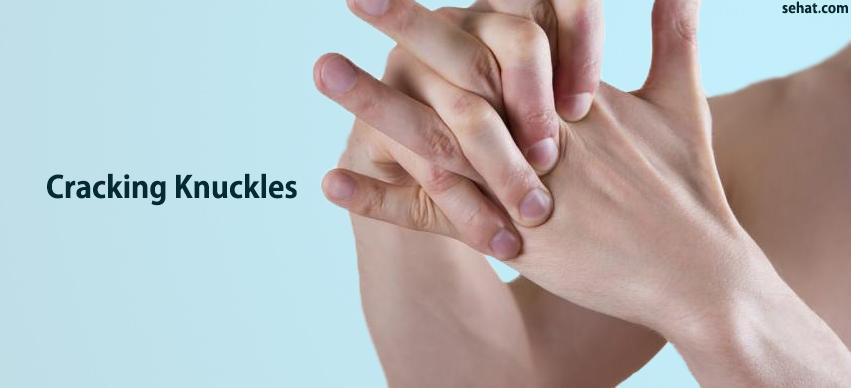How Communities Are Changing the Way We Think About Aging in..
8 Min Read


Also known as ‘popping’, cracking fingers is one of the widely observed behaviors across age groups. It occurs when the fingers are bent or twisted at the joints. Apart from the cracking sound on the surface, is there more that we need to know?
Although there are various spots in the human body where this phenomenon occurs, we shall take a close look at knuckles.
The joints of the human body are filled with a thick and clear fluid called synovial fluid. By bending the fingers, you are forcefully increasing the distance between the joints. This expands the connecting tissue and the gases escape in the form of bubbles producing this sharp ‘pop’ sound. This entire process is called Cavitation.
There is a school of thought that tried to establish a link between popping and Arthritis. Recent studies conducted by a prominent Medical Journal in the US brought to light interesting facts. Around 215 participants were closely monitored and studied. This population included both habitual knuckle crackers and others. Upon studying the behavior pattern and health issues, it was proven that statistically, there was no link between Arthritis and cracking knuckles.
While there are certain immediate benefits such as greater movement and flexibility of fingers, there is more to the story. Due to continuous cracking, there is a danger of the following,
The final verdict is that this behavior is avoidable, though not overtly harmful.
This habit has roots in the nervous system and hence it is sub-conscious.
These simple, yet powerful methods can release you out of the habit.